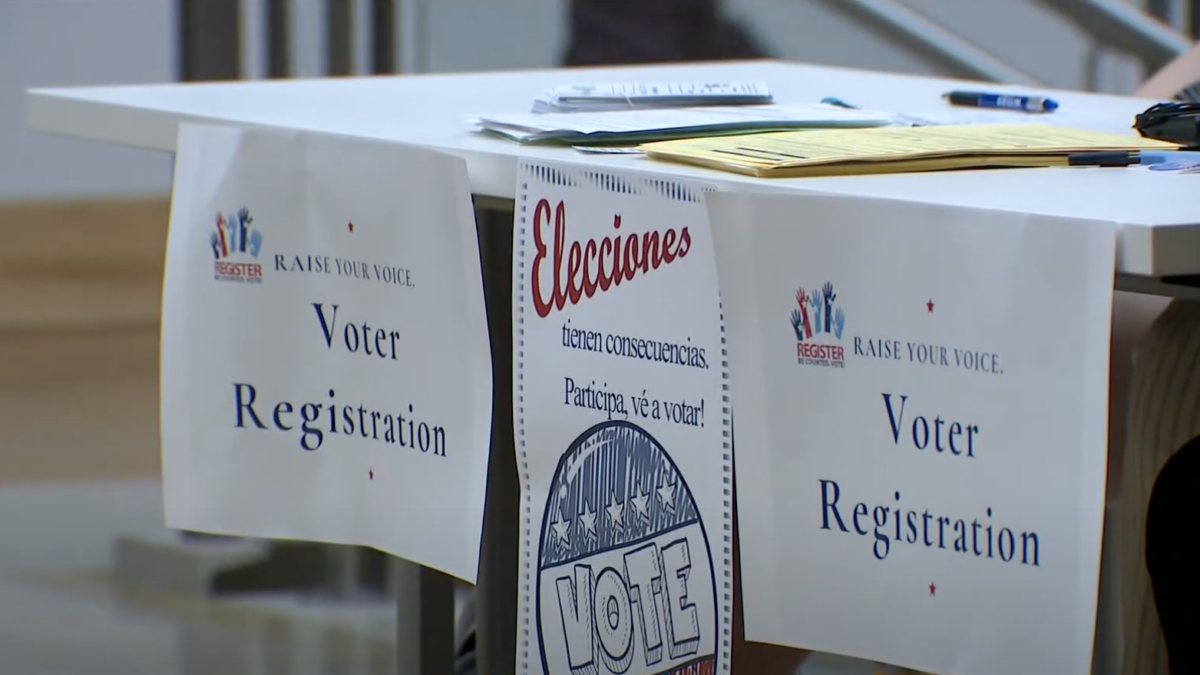
Rob Porter, an aide to President Trump, resigned all of his duties this week after allegations surfaced that he had abused two ex-wives and a third unnamed woman. Porter was Trump’s staff secretary, responsible for the paperwork that comes before the president.
Porter has been romantically linked to Hope Hicks, the White House’s communications director. White House chief of staff John Kelly described Porter as: “a man of true integrity and honor and I can’t say enough good things about him. He is a friend, a confidante and a trusted professional. I am proud to serve alongside him.” Porter has denied the allegations in a statement: “These outrageous allegations are simply false. I have been transparent and truthful about these vile claims, but I will not further engage publicly with a coordinated smear campaign.”
From outward appearances, Porter is a successful and trustworthy person, and the allegations of abuse are shocking and troubling. How can someone with his professional life so well under control, even in stressful situations in the public eye, have abused former spouses and partners? While we can’t know the truth in this specific situation, this is an opportunity to examine how abuse can hide in plain sight and how to help someone in an abusive relationship.
Signs of an Abusive Relationship
The National Domestic Violence Hotline opens their section on warning signs of domestic violence with the caution that: “It’s not always easy to tell at the beginning of a relationship if it will become abusive. In fact, many abusive partners may seem absolutely perfect in the early stages of a relationship. Possessive and controlling behaviors don’t always appear overnight, but rather emerge and intensify as the relationship grows.”
Warning signs that a relationship may be abusive include a partner who:
- Makes you feel like you’re never right
- Is unreasonably jealous of other relationships
- Questions time you spend away from them
- Discourages other relationships, including with family
- Shames you
- Controls the finances
- Frightens you
- Makes you feel like you can’t make decisions
- Controls your actions
- Threatens your children or pets, or hurts them
- Sexually mistreats you, or pushes you into sexual acts you’re not comfortable with
- Physically threatens you, or hurts you
For more information on signs of abusive relationships, including sexual abuse, emotional abuse, physical abuse, financial abuse, and more, please see the extensive resources from the National Domestic Violence Hotline, or call them at 1-800-799-7233.
The Cycle of Abuse
In 1979 after interviewing more than 1,500 abused women, a psychologist named Lenore Walker proposed a theory she named the cycle of abuse. Walker later founded the Domestic Violence Institute, and wrote a book, “The Battered Woman.”
The Cycle Of Abuse describes the common pattern that abusive relationships tend to follow, and explains why it can be so hard for people outside of the relationship to understand or recognize the abuse. Abuse crosses socioeconomic lines, and professionals are just as likely to be abusers. Both men and women can be abused, and can be abusers, and the stigma around men experiencing domestic violence may cause them to be less likely to be able to access help.
In addition, abusers may be narcissistic, with grandiose, false ideas about themselves. They may lie to get others to see them as they perceive themselves. The four phases are: 1) Tension building, 2) Acute Violence, 3) Reconciliation/ Honeymoon, 4) Calm.
In the first phase, tension building, the abuser feels unhappy or ignored. He or she may also feel threatened, or wronged. This phase can last from minutes to months. The abuser’s family and friends may tiptoe around in this phase to try to not provoke the abuser, or they may deliberately anger them to try to get it over with. No matter what, violence is not justified.
The next phase is the most recognizable as abuse to people. This is the acute violence phase, which may include emotional and sexual violence. This phase can also damage any children in the relationship, because they may be harmed or witness the violence.
After this comes the reconciliation phase, where the abuser will feel guilty, or worry that his or her partner will tell other people about the violence, or call the police. This is the phase where stereotypically the abuser will give gifts to the partner, as well.
Closely related to the previous phase is the calm phase. During this time that the couple can even attend counseling together, and attempt to work out their problems. Yet domestic violence experts generally agree that without the partner leaving or outside intervention, such as police action, the cycle will typically repeat, with escalating violence.
How to Help Someone in an Abusive Relationship
Unfortunately, some types of help aimed at people in abusive relationships can actually make things worse. One of the most dangerous times for people in an abusive relationship is when they’re leaving the relationship, or planning to leave. The reasons people stay are incredibly complicated, and the best way to approach someone is to listen responsively, even if you don’t understand why they’re in the relationship.
Let them know that you care about them, and you’re sorry they’re in this position, and want to help. Be prepared: this is not a fast process, and involving professionals like domestic violence shelters will greatly increase the safety and success of the person leaving.
Many domestic violence shelters will have leads on local lawyers who can assist, especially when there are children involved. The police will also be able to help people access resources to make sure that everyone is safe, and explain how to navigate the complex legal issues involved with protecting everyone.
Deaconess Kim Carr Schave, a domestic violence expert, has this advice for those interested in supporting someone leaving an abusive relationship: “A woman who is contemplating leaving an abusive relationship is doing so at great personal risk. It is vital that she be made aware of the safety concerns, and referring her to an expert is the best course of action to protect her, and her children. Provide her with assurance that domestic abuse is wrong and should not be tolerated, continue to express concern for her well-being, share resources with her, and consider offering to help her as she seeks help.”
In addition, an increasing number of faith communities have resources available to help support the healing process for people who have been involved in intimate partner violence. Consider reaching out to the faith community around you to see what resources are available, because healing from domestic violence is a long road.









